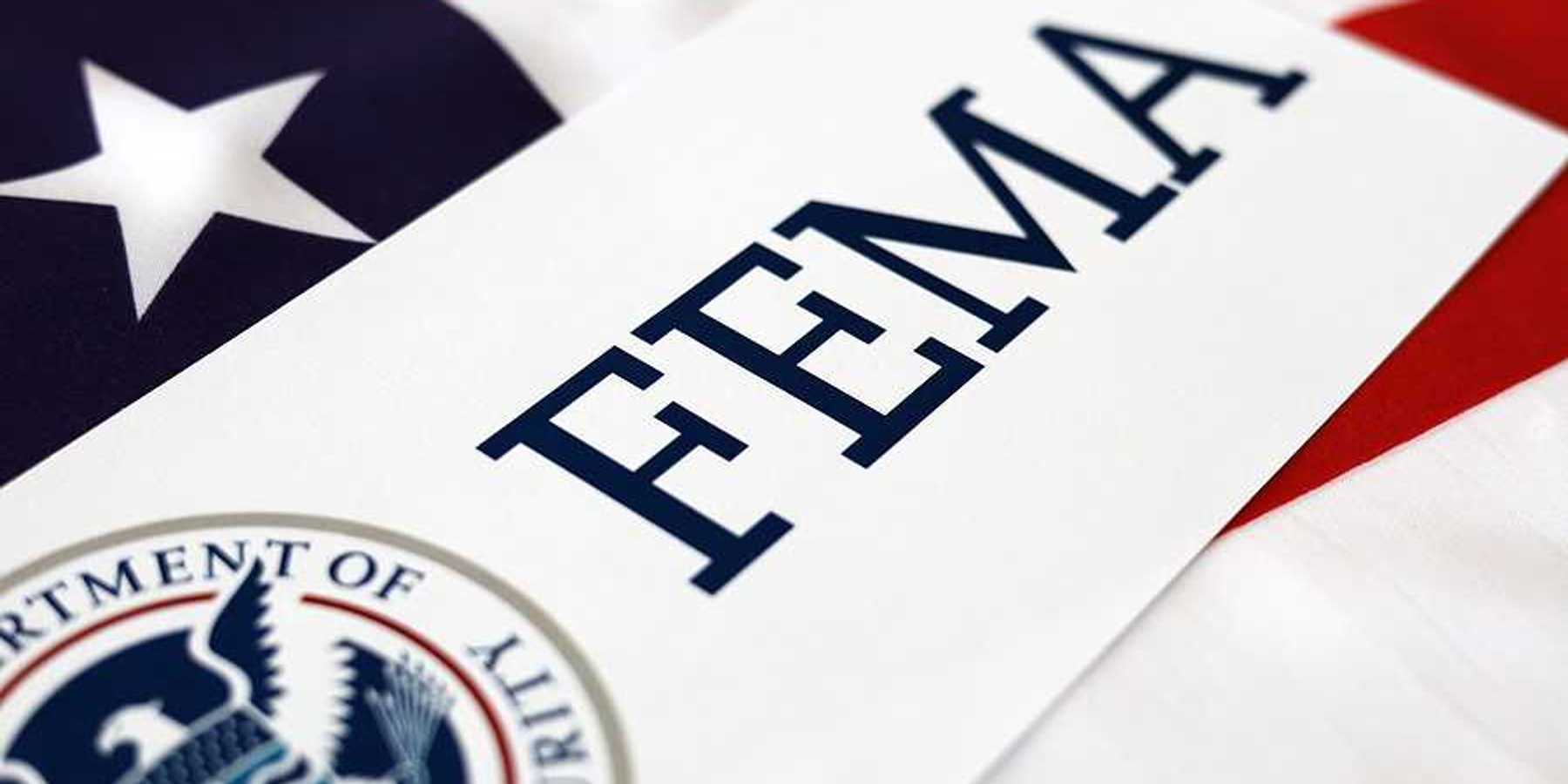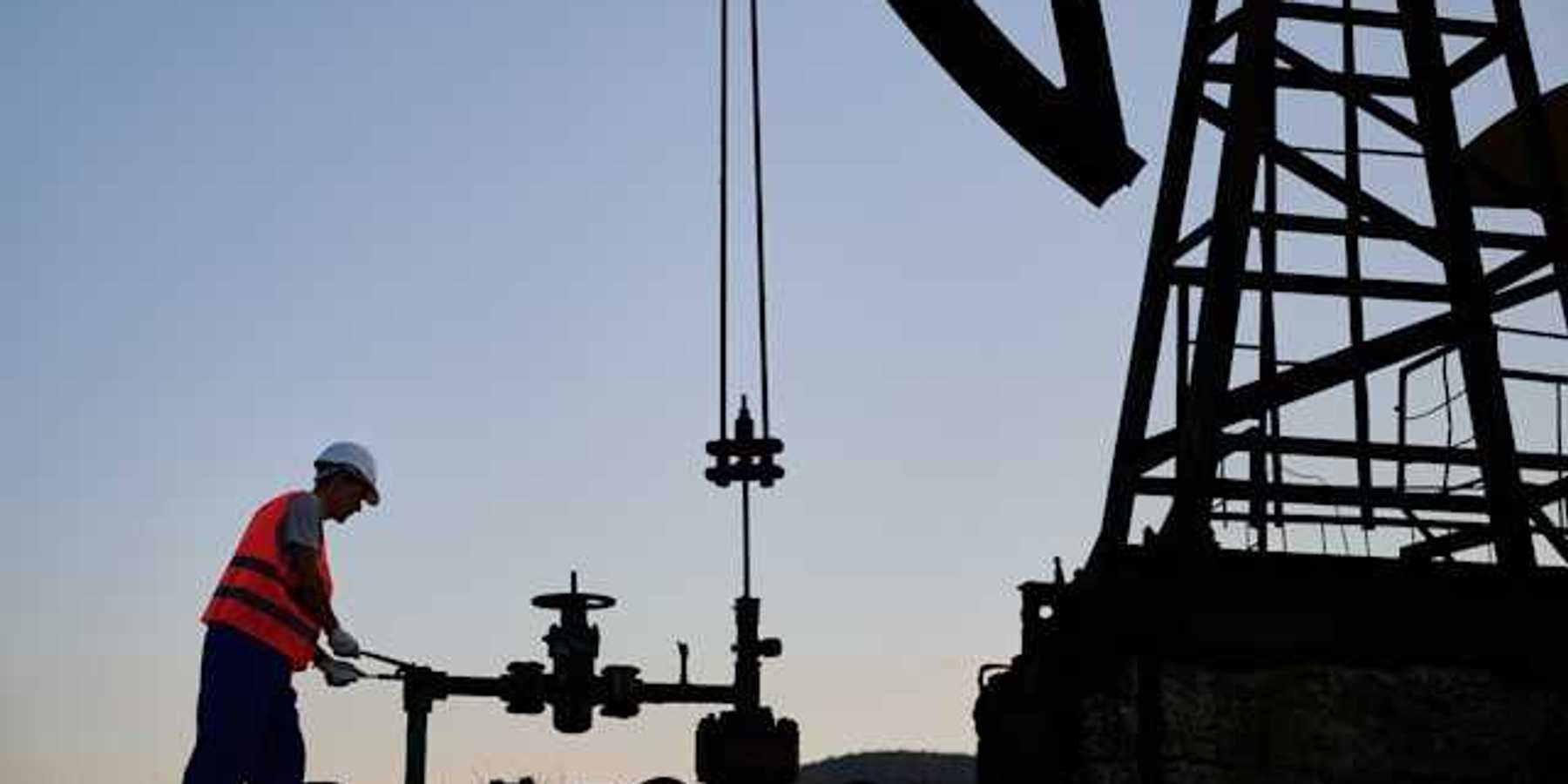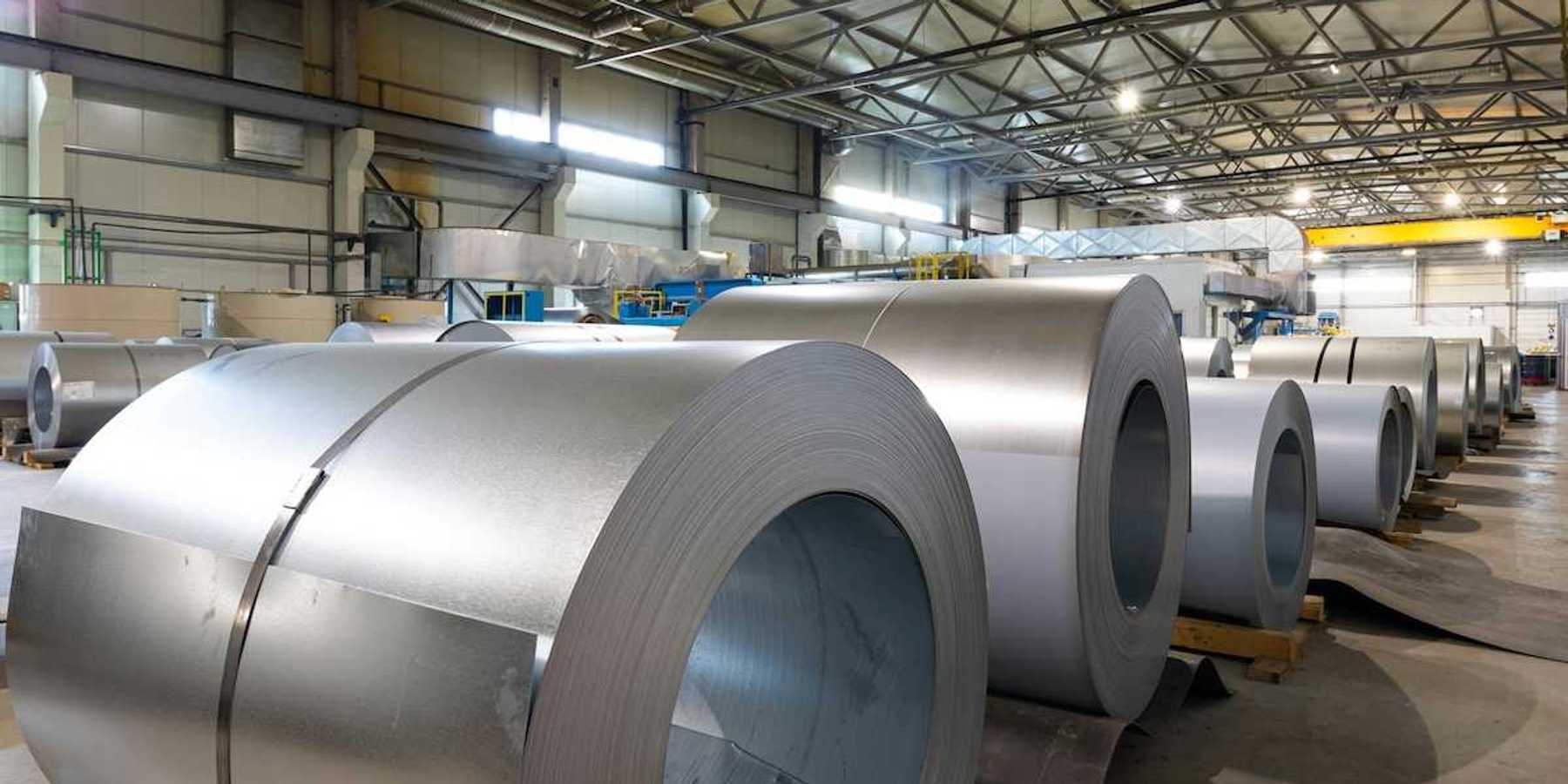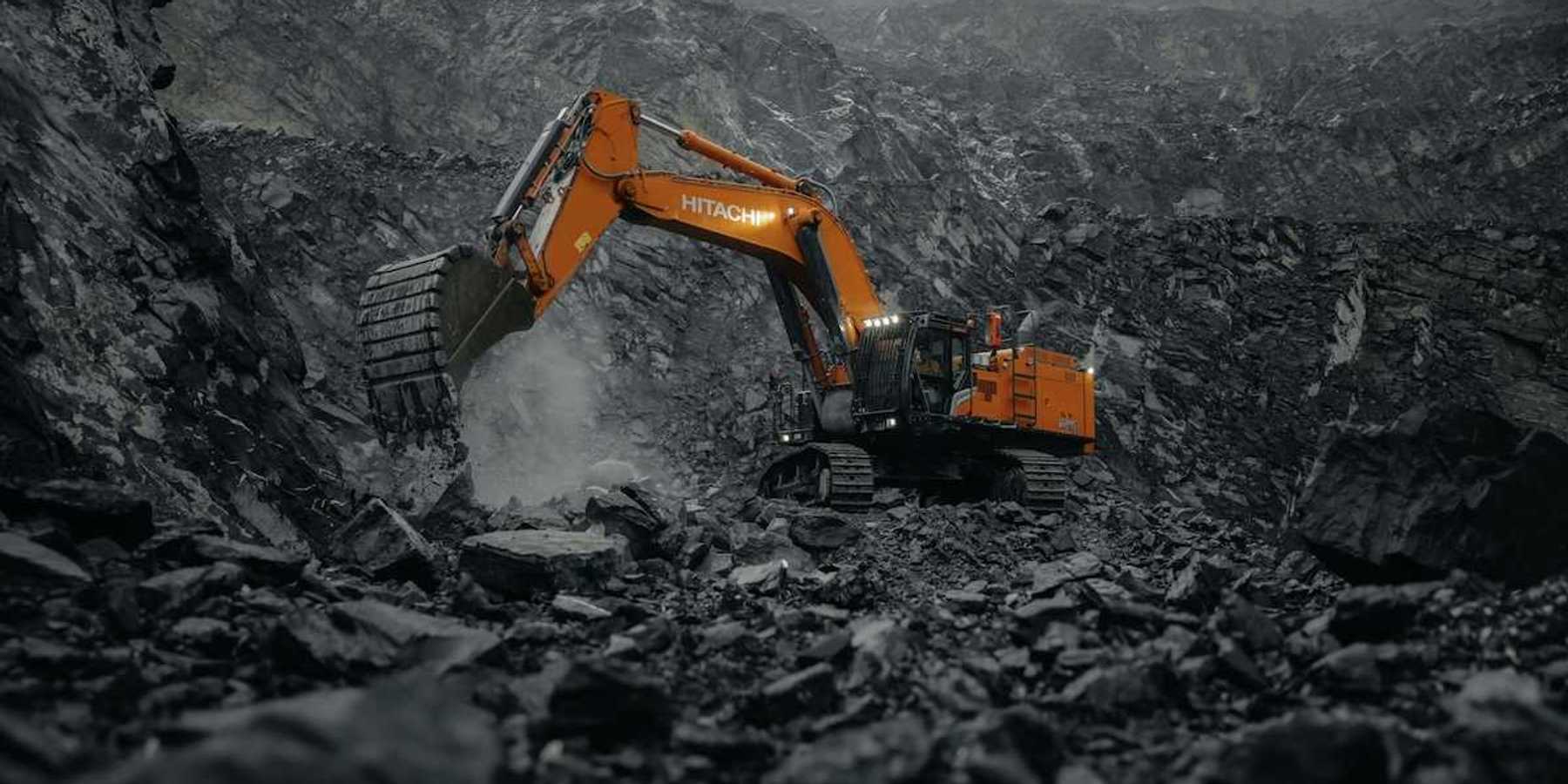Modern "plastic" homes burn faster and release toxic chemicals during fires
As urban fires sweep through Los Angeles, experts warn that homes filled with plastic-based materials burn hotter, faster and emit hazardous toxins.
Zoë Schlanger reports for The Atlantic.
In short:
- Plastic materials in homes, such as furniture foam and vinyl flooring, release toxic gases like hydrogen cyanide and volatile organic compounds when burned.
- Synthetic furnishings ignite quicker and cause rapid "flashover," making house fires deadlier than in the past.
- Smoke from urban fires, mixed with toxins from burning plastics, poses severe health risks that standard masks cannot block.
Key quote:
“I’m struggling right now to find anything that is of a natural material. In fact, the only thing I can find is my notebook.”
— David Acuna, Cal Fire battalion chief
Why this matters:
Plastic's prevalence in homes increases fire danger by producing fast-burning, highly toxic blazes. The health risks extend beyond immediate fires, as toxic smoke can harm firefighters and nearby communities, raising concerns about material choices in urban living.
Related EHN coverage: WATCH: How plastics—and the chemicals in and attached to them—threaten future generations













